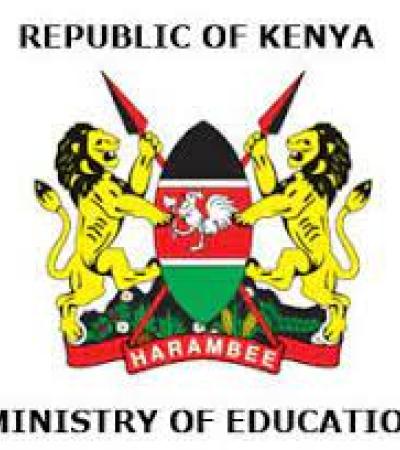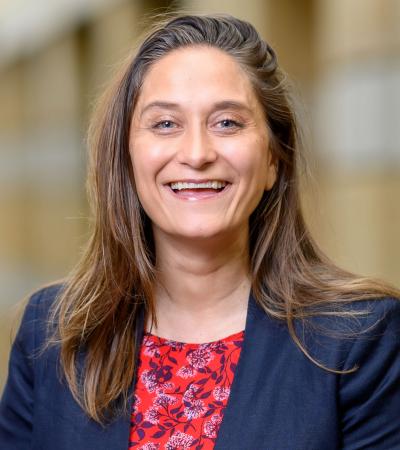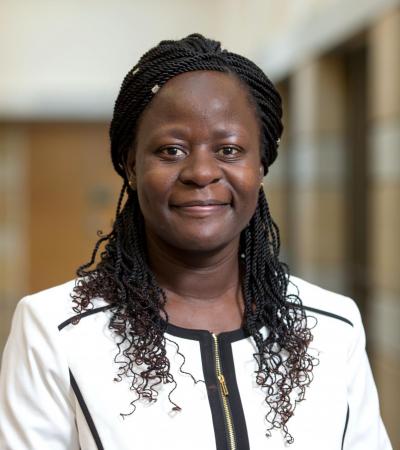Can Student Body Diversity Foster Inter-ethnic Trust, Tolerance, and Patriotism? The Role of Friendship in Kenya (HYBRID)

A paper presented by co-authors:
-
Jaimie Bleck
Associate Professor of Political Science
Senior Research Advisor, the Ford Program in Human Development Studies and Solidarity
Kellogg Institute Faculty Fellow -
Danice Brown Guzman
Associate Director, Evidence Learning
Pulte Institute -
John Mugo
Executive Director of Zizi Afrique
Program Director for Ujana360 -
Jackline Oluoch-Aridi
Director, Nairobi
Notre Dame International
Not presenting: co-author Rev. Robert Dowd, CSC, Vice President and Associate Provost
This paper explores the impact of increased school body diversity on trust, tolerance, and national (vs. local) identity in Kenya. It leverages a 2016 policy change in Kenya, which created 94 new national schools that had geographic diversity quotas for the student body. In order to assess the impact of the policy, we surveyed 986 Form 4 students in 10 new national schools and 10 other schools that were selected in order to mirror most characteristics of the national schools. We confirm that new national schools in our sample are more ethnically diverse than other school types. We find that students in these schools have more inter-ethnic and inter-religious friends. We do not find that students in new national schools are more tolerant, trusting, and prioritize national identity more than students in other schools. However, we find that intergroup friendships are associated with higher levels of tolerance of other ethnic and religious groups, higher levels of self-reported trust toward these groups, and a stronger sense of Kenyan identity. Thus, national schools, when able to foster these intergroup friendships -can play a role in generating trust, tolerance, and national identification.

Jaimie Bleck
Jaimie Bleck is an associate professor of political science and the senior research advisor for the Ford Program in Human Development Studies and Solidarity at the Kellogg Institute for International Studies. She also is a concurrent faculty member in the Keough School of Global Affairs. She has been a Kellogg Institute faculty fellow since 2011...
Danice Brown Guzmán ‘07
Danice Brown Guzmán is associate director of the Pulte Institute's Evidence and Learning Division. With over ten years of experience conducting research and managing projects in global contexts, Guzmán is an expert in experimental and quasi-experimental research design, power calculations, survey programming, and complex data analysis...





